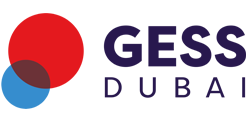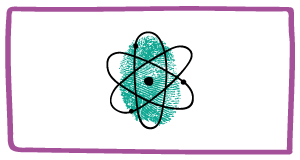Walking the Talk of Adaptability
Faced with an unprecedented situation that has pushed every educator and educational institution into unchartered territory with little or no prior warning and no real time to plan, has allowed us to test our ability to model what we, particularly as IB (International Baccalaureate) educators try to instil in our learners. The positive results of a holistic constructivist education, balancing contextualized academic knowledge acquisition through student driven inquiry with life skills development, tend to become evident in our communities as our students graduate and undertake activities that enhance social, cultural and economic environments locally as well as globally.
Non-IB schools, as well as many national curricula are rather academic content heavy - pushing specific syllabus input as the pinnacle of learning. Whereas market analysis shows, over and over again, that what employers are looking for when recruiting talent are often elements that are harder to find in such traditionalist academic education.
Earlier in 2020, the World Economic Forum published The Future of Jobs Report, featuring the list of the top ten skills that the employment market needs most:
- Complex Problem Solving
- Critical Thinking
- Creativity
- People Management
- Coordinating with Others
- Emotional Intelligence
- Judgement and Decision Making
- Service Orientation
- Negotiation
- Cognitive Flexibility
No academic subjects, as taught in most national curricula, feature on this list. Why is it then that these dominate the teaching and learning focus in most schools around the world?
If we just look at the first five skills and transfer these to the effects of COVID-19 on our industry, it seems evident that educators now have been thrown into a situation where our knowledge, skills and understanding are disruptively challenged. It is our adaptive capacities and the resilience of our learning ecosystems that will define our success in sustaining a continuum of learning through this pandemic. Schools and educators that embrace the distance learning challenge through problem solving and critically reflect on how best to creatively deliver a continuum for learning through new and innovative approaches, demonstrate that they both care for and manage their people - students, staff and parents - right.
This adaptive approach is not acquired in a vacuum, but through coordinating with others. Our educational innovation, our product development and our constant idea generation do not happen in isolation but in the nurtured environment where our people share, compare, contrast and challenge each other's ideas and ways of thinking and doing things. As IB educators, we emphasize approaches to learning - as well as approaches to teaching - as we believe that how we learn supersedes in importance what we learn.
This moment in time, may be the opportunity for many other school types to reconsider the academic input focus and adopt a regenerative perspective on co-creating a new way of bringing forward intentional, mindful and skills based education. The pandemic has brought to the forefront of global awareness that the world needs - more than regurgitating academics - risk-taking collaborators and fearless problem-solvers who are curious to find new ways, and who demonstrate an inclusive approach to others, to their workplace and to society at large.
And the schools, where the leaders and educators walk this talk, are the ones that will prevail through this new norm, as their flexible and adaptive skills allow them to cope with and manage necessary change so as to ensure quality of learning. Such adaptive role modelling will inspire our youth and instill in them the skills they need to face the challenges of the unknown.
Janecke Aarnaes | Founding Head of School, Dwight School Dubai


